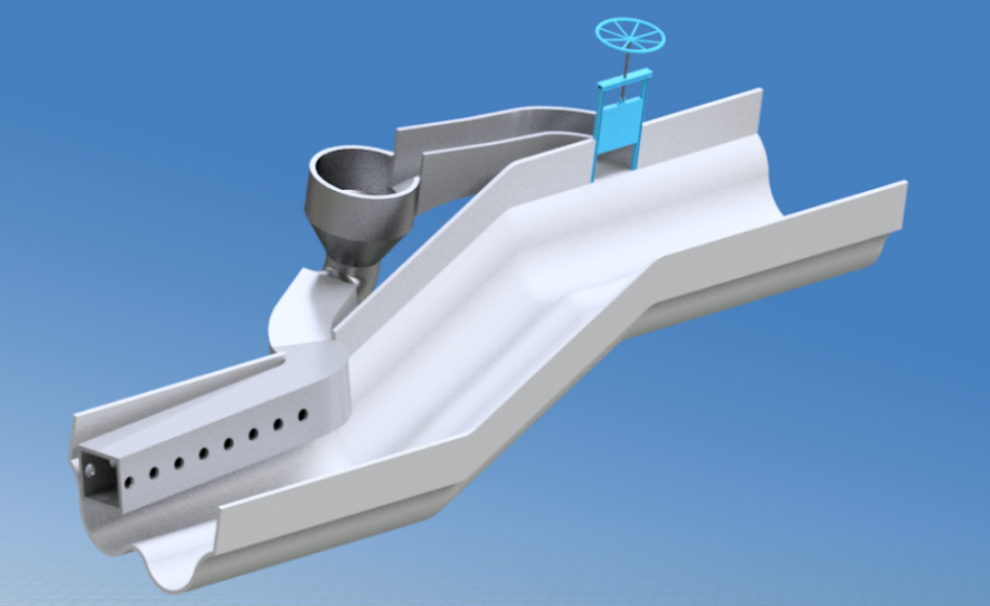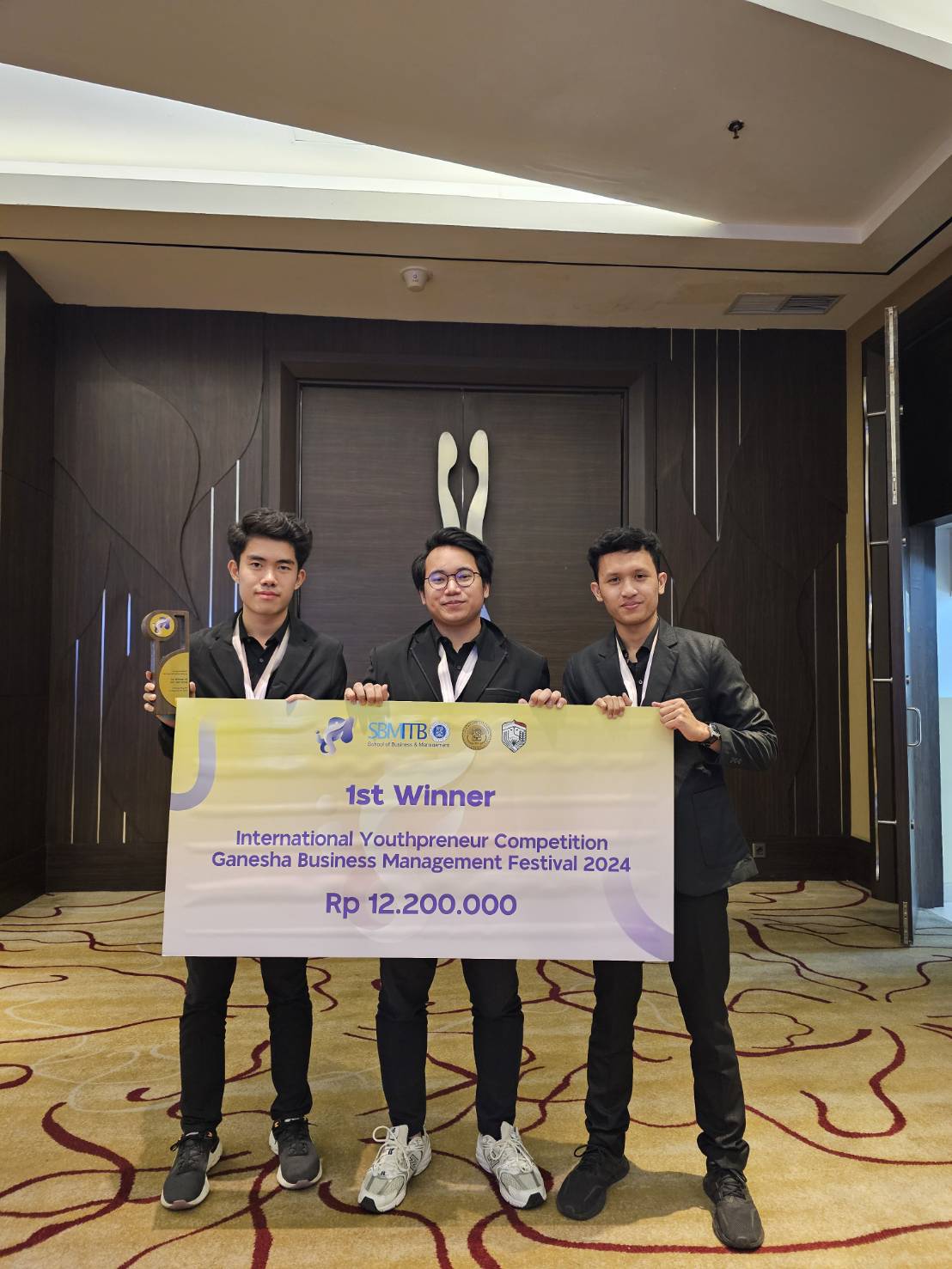Three students from the Department of Mechanical Engineering (DTM), Faculty of Engineering (FT), Universitas Indonesia (UI), have proposed a micro-hydro power plant that can be an alternative solution for areas with unstable or limited electricity networks. The innovation, named Varuna: Electrifying Sustainable Communities with Clean Energy Through Smart-Nature Friendly Micro Hydro Power Plants, earned Amar Falah Riyanto, Farras Hafizh Al Farisi, and Ivan Kusno the 1st place award at the International Youthpreneur Competition, Ganesha Business Fest 2024.
As an archipelago with thousands of islands, Indonesia faces unique challenges in providing reliable and equitable electricity. In many rural and remote areas, the national electricity grid often fails to reach or provide a stable power supply. Consequently, people in these regions rely on diesel power plants. “According to antaranews.com, there are currently 5,200 diesel and electricity power plants in Indonesia. While these plants are effective in providing energy, they have high operational costs and are significant sources of greenhouse gas emissions, making them unsustainable solutions economically and environmentally,” Farras explained regarding the background of their innovation, Farras and his colleagues created Varuna as a micro-hydro power pla through this innovation. He added, “Varuna can generate sufficient electricity to meet the needs of communities in rural areas with unstable or limited electricity networks. The idea arose because most diesel power plants, which are costly and significant greenhouse gas emitters after coal, are located in rural and remote areas of Indonesia.”
In this context, Farras and his team introduced Varuna, a micro-hydro power plant designed to address these issues. Varuna can produce enough electricity to meet the needs of communities in rural areas with lower capital and operational costs compared to diesel power plants. Additionally, Varuna can be quickly deployed in various regions with river flow potential, providing energy independence through micro-grids, and offering a much lower environmental impact compared to other renewable energy sources.
In its application, Varuna utilizes river flow to generate electricity. River water is directed through channels with protective mesh to prevent aquatic animals and other debris from entering the turbine. The potential and kinetic energy of the water is then converted into mechanical energy using a Kaplan turbine that spins a generator to produce electricity. After passing through the turbine, the water is eventually returned to the river flow through a special channel to prevent sedimentation. Additionally, Varuna is equipped with automatic sluice gates to prevent water overflow during the rainy season.
Regarding the victory of the FTUI students in the competition organized by the School of Business and Management, Institut Teknologi Bandung (ITB), from February 8 to May 25, 2024, the Dean of FTUI, Prof. Dr. Ir. Heri Hermansyah, ST., M.Eng., IPU., stated, “The hydro potential in Indonesia is enormous given its geographical condition rich in rivers and water flows. Large islands such as Sumatra, Kalimantan, Sulawesi, and Papua have many rivers flowing throughout the year, making them ideal locations for developing micro-hydro power plants. By harnessing this potential, Varuna not only provides a sustainable energy solution but also contributes to reducing harmful greenhouse gas emissions and the high operational costs of diesel power plants.”
If it can be developed and realized, it is hoped that there will be an improvement in the quality of life in remote areas through more reliable and sustainable access to electricity. This will also support the Indonesian government’s initiative to increase the use of renewable energy and reduce dependence on fossil fuels. This innovation is not only economically beneficial but also supports global efforts to combat climate change and create a cleaner and healthier environment for future generations.
***
Public Communication Office
Faculty of Engineering, Universitas Indonesia


